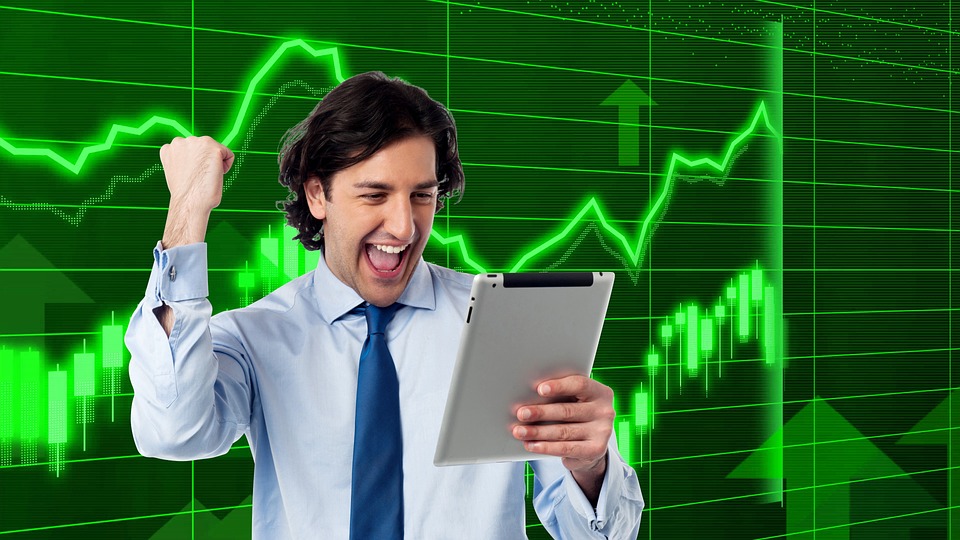Forex trading, also known as foreign exchange trading or FX trading, is a type of trading that involves exchanging one country’s currency for another country’s currency at an agreed-upon exchange rate. Forex trading is a unique and complex form of trading that sets it apart from other types of trading. In this article, we will explore what sets forex trading apart from other types of trading and what makes it so challenging and attractive to traders.
Liquidity
One of the key differences between forex trading and other types of trading is its liquidity. Forex is the largest and most liquid financial market in the world, with a daily trading volume of over $6 trillion. This means that traders can easily buy and sell currencies with minimal slippage and impact on prices. In contrast, other markets such as stocks, options, and futures may have lower liquidity, which can lead to wider spreads and greater volatility.
Market Hours
Forex trading is a 24/5 market, meaning that it is open for trading 24 hours a day, five days a week. This is because forex trading is global, and different markets around the world have different trading hours. For example, the European session opens at 3:00 AM EST and closes at 12:00 PM EST, while the Asian session opens at 6:00 PM EST and closes at 4:00 AM EST. This flexibility allows traders to trade at any time of day, as long as they have a stable internet connection.
Trading Size
Forex trading also offers traders the ability to trade with varying sizes. In other words, traders can trade small amounts of money, such as $1,000, or large amounts, such as $100,000. This is because forex trading is done in pairs, with one currency being exchanged for another. For example, a trader can buy 100,000 units of EUR/USD, which is equal to $100,000.
Market Volatility
Forex trading is known for its high volatility, which can be both a blessing and a curse. High volatility means that prices can move rapidly, allowing traders to make quick profits. However, it also means that prices can move quickly in the opposite direction, leading to large losses. Traders need to be constantly monitoring market conditions and making quick decisions to stay ahead of the market.
Leverage
Forex trading also offers traders the ability to use leverage, which allows them to control large positions with a small amount of capital. For example, a trader can control $100,000 with just $1,000. However, leverage also increases the risk of losing money, as small market movements can result in significant losses.
News and Events
Forex trading is heavily influenced by news and events from around the world. Traders need to stay up-to-date with economic indicators, political events, and natural disasters to make informed trading decisions. For example, a surprise interest rate hike in the United States can lead to a rapid appreciation in the US dollar, making it more valuable against other currencies.
Psychology
Forex trading requires a unique set of psychological skills, as traders need to be able to cope with high levels of stress and uncertainty. Traders need to be able to manage their emotions, set clear goals, and stick to their trading plans. Trading psychology is a critical aspect of forex trading, as it can make or break a trader’s success.
Regulation
Finally, forex trading is heavily regulated, with many government agencies and financial institutions imposing strict rules and regulations to protect traders and maintain market integrity. Traders should only trade with reputable and regulated brokers, and be aware of the risks associated with forex trading.
In conclusion, forex trading sets itself apart from other types of trading with its unique characteristics, including liquidity, market hours, trading size, market volatility, leverage, news and events, psychology, and regulation. While these factors can present challenges, they also offer opportunities for traders to profit from the largest and most liquid financial market in the world.
